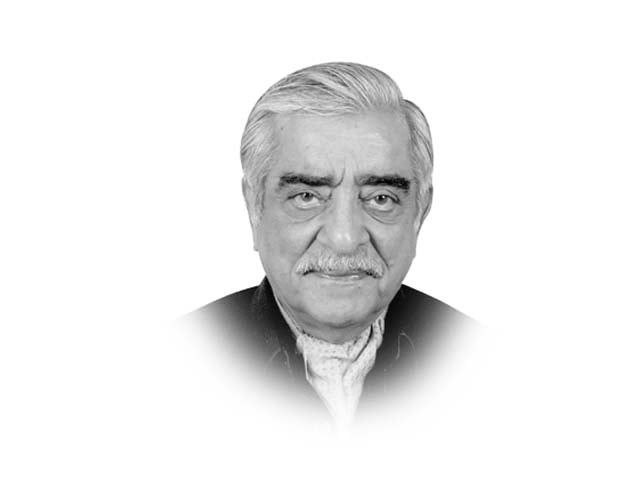What does Pakistan want in Afghanistan?
Peace in Afghanistan can be achieved with a measure of cooperation, not just with Afghanistan but also with the US.

Currently it appears that some 40 per cent of American and 60 per cent of Isaf supplies flow through Pakistan. Given the complexities now entering US-Russian relations and the misgivings of the Central Asian states, the Northern Distribution Network cannot be expanded much. Dependence on the Pakistan route will remain but as troop levels in Afghanistan decline and as US forces economise on use of supplies, this leverage will decline.
We have termed the November 26th incident as “unprovoked aggression” and have refused to participate in the American/Nato inquiry into the incident on the ground that our previous cooperation on such investigations yielded no satisfactory results. Shamsi airbase is being vacated by the December 11th deadline that we have set. US personnel in Pakistan we consider dubious have been ordered out and are leaving. Military exchanges with the US have been cancelled and our personnel withdrawn from two of the three border coordination centres. Our air defence units have been moved to the area and ordered to fire on intruding aircraft in the event of a repetition of November 26th. How much of this is whistling in the wind is again a question, since our people know full well the awesome firepower that a superpower can bring to bear against us in such eventualities. One hopes that this realisation, rather than a pandering to the prevailing sentiment, will determine the reaction of local commanders.
Relations with the US have now plummeted perhaps never to recover. Our commentators have maintained that this was inevitable since our objectives are incompatible. How this incompatibility arises has never been explained. Our relations in all spheres are being reviewed and a special envoy’s conference has been called to seek input from our senior-most diplomats on how the relationship should be changed. In the present climate, who will have the courage to suggest that hard-headed realism should govern our future course of action?
Our leaders have had the good sense to maintain that they still remain supportive of Afghan-owned and Afghan-led reconciliation in Afghanistan and of efforts to bring peace and stability to that country. If this is not a mere mouthing of platitudes, we must accept that this can be achieved only with a measure of cooperation, not just with Afghanistan but also with the US. Even more importantly, such a denouement cannot come until we are clear about what it is that we want in Afghanistan and how far our desires will coincide or diverge from those of the other players in the game. These players are Afghanistan and the US and its Nato partners (whom we ignore at our cost) and, somewhat less importantly, Iran. Other regional players have been injected but, realistically, they have only supportive roles to play.
Not visceral hatreds or playing to the gallery, but clear dispassionate thinking, that takes account not only of our leverages but also of our vulnerabilities, must determine what we want and what we can achieve.
Published in The Express Tribune, December 12th, 2011.















COMMENTS
Comments are moderated and generally will be posted if they are on-topic and not abusive.
For more information, please see our Comments FAQ